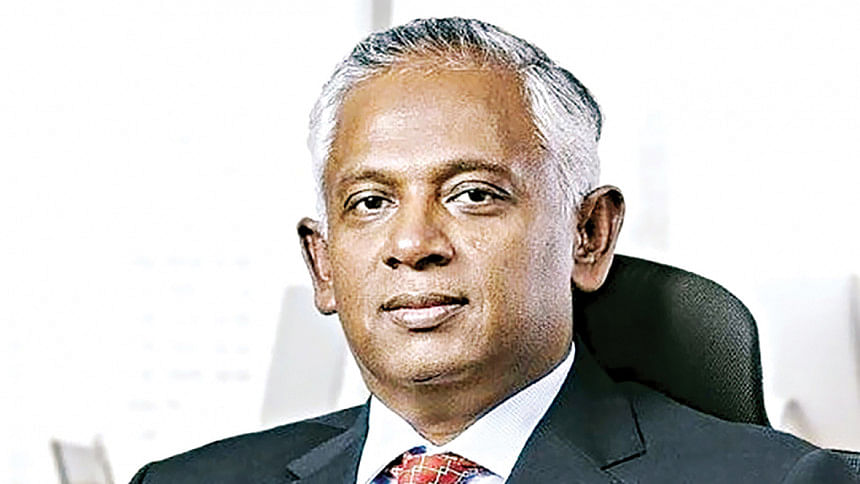Mastering what doesn’t exist

There is a special breed of professionals in every Bangladeshi office, those who seem to know everything from quantum physics to kebab recipes. They speak with such confidence that even Google starts to doubt itself. But here is the twist: a new study by Stav Atir, Emily Rosenzweig, and David Dunning reveals that the more of an expert you are, the more likely you are to claim knowledge of things that don't actually exist. Welcome to the glamorous world of overclaiming with "I know it all syndrome" or as we like to call it in Dhaka boardrooms, "Bhai, I already have the idea!"
Published in the Harvard Business Review, the research asked participants, some experts, some not, to rate their familiarity with both real and fake concepts. Surprise, surprise: experts were more likely to say they knew about completely made-up terms. It's like confidently stating you have implemented "Blockchain-Based Emotional Payroll Systems" in your last company, because it just sounds cool enough to be real.
It's not that they are lying outright. It's the pressure of the title. In Bangladesh, the moment someone calls you "Sir" or "Boss", you are expected to know everything, from cloud computing to why the canteen boy serves burnt paratha. The higher you climb, the stronger the allergy to saying "I don't know". I once sat through a client call with a top conglomerate where the group CFO was confidently throwing around terms like "AI orchestration" and "microservice cloud fabric", likely picked up from a seminar flyer. No clue what they meant. But we all nodded along, because challenging a "Sir" is riskier than eating stale kachchi at a buffet.
In meetings, not knowing is a punishable offence. Admitting ignorance? Career suicide. So, the poor expert does what most do: nod wisely, throw in a few English buzzwords, and pray no one asks follow-up questions.
It's a survival skill. In fact, in many of our organisations, the person who sounds the smartest usually rises the fastest, even if they are talking absolute nonsense. Add a British accent or a few PowerPoint slides with flying animations, and boom, you are the next chief strategy officer.
But here is the danger. Overclaiming may sound harmless in a harmless meeting. But what happens when that fake confidence influences real decisions? Let's take our favourite topic: mega projects. Why do we end up with airports that can't handle baggage or bridges that cost triple? Because somewhere, someone nodded confidently when asked if they understood "risk-based financial modelling", even though they thought it was a Netflix series. In medicine, overclaiming can kill. In finance, it can bankrupt. In policy, it can derail a generation. And in tech startups? Let's just say it's why your favourite delivery app crashes every time it rains.
The corporate world rewards confidence, not honesty. But that needs to change. The smartest thing a leader can do isn't pretend to know everything; it's building a team where saying "I don't know, let me check" is considered a strength, not a weakness.
Real expertise means knowing where your limits are. It means asking questions, not faking answers. It means choosing truth over applause. We need to move from "know-it-alls" to "learn-it-alls".
We need more boardrooms where curiosity trumps arrogance. More boardrooms where the boss says, "Good question, let's explore it together." More leaders who admit, "I don't know this, but I know someone who does." Because at the end of the day, pretending to know something doesn't make you smart. It just makes you dangerous.
And in a country already burdened with enough real problems, we can't afford to be led by people who are too proud to admit they are guessing. So, the next time someone asks you if you are familiar with "AI-driven ESG-integrated 6G compliance frameworks" just smile and say, "No idea, Bhai. Tell me more."
That, right there, is where authentic leadership begins.
The author is the president of the Institute of Cost and Management Accountants of Bangladesh and founder of BuildCon Consultancies Ltd.

 For all latest news, follow The Daily Star's Google News channel.
For all latest news, follow The Daily Star's Google News channel. 



Comments